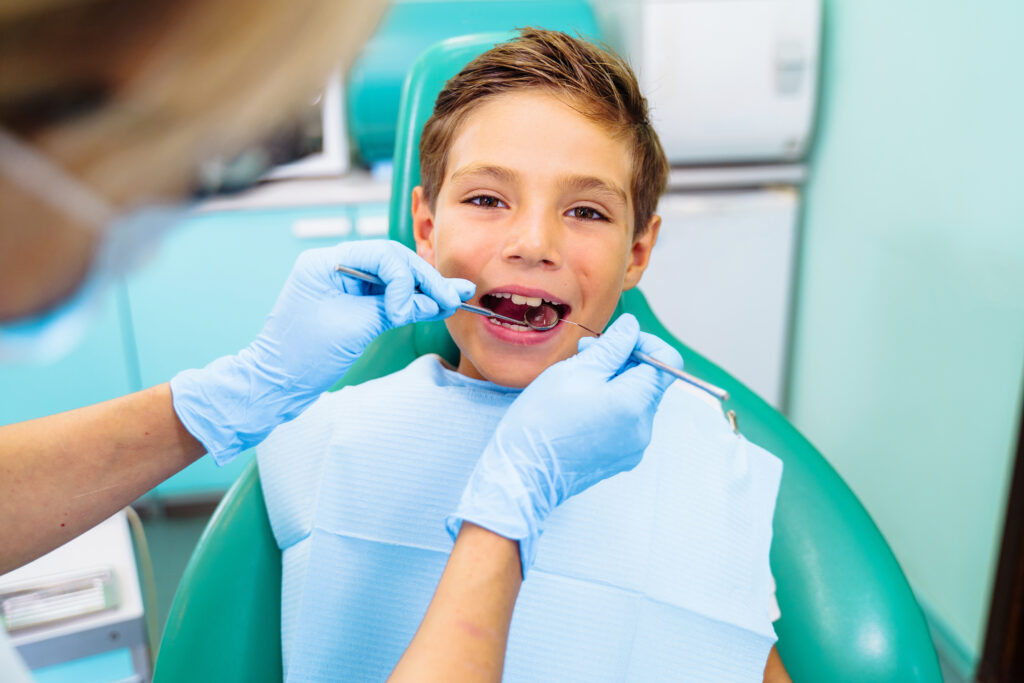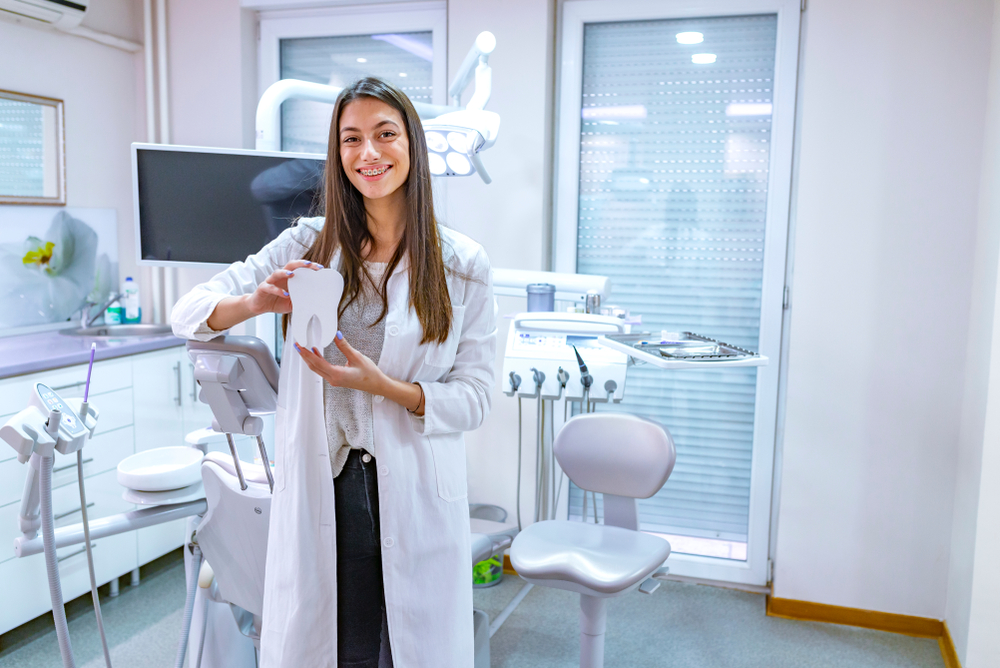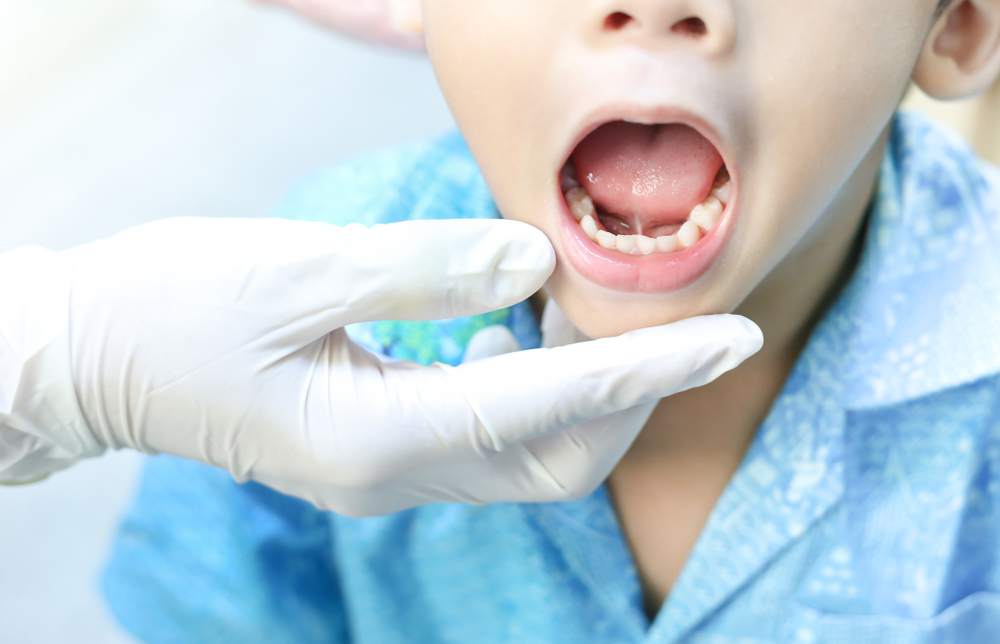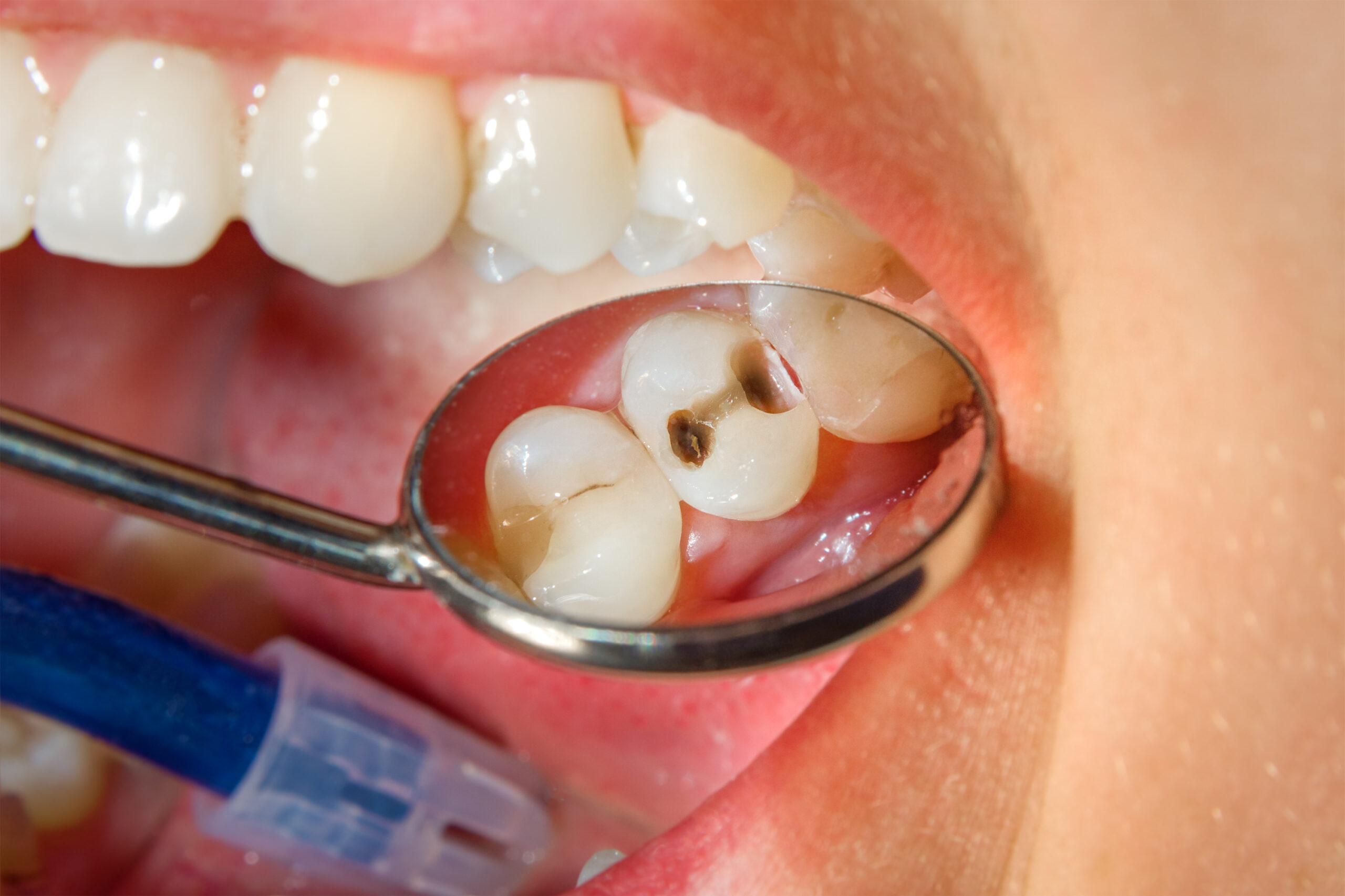Walking into your child’s first dental appointment can feel like stepping into uncharted territory. Still, effective pediatric dental visit prep transforms what might seem overwhelming into an adventure your little one anticipates. The key lies in understanding that preparation goes far beyond simply marking the calendar – it involves creating positive expectations, addressing natural concerns, and building excitement about this important milestone in your child’s health journey. When you take time to prepare thoughtfully, you set the stage for successful visits that become routine parts of your family’s wellness routine.
Understanding Your Child’s Perspective
Children approach new experiences with curiosity and caution, and their first dental visit represents a significant unknown in their world. Unlike adults who understand the importance of preventive care, children focus on immediate experiences – what they’ll see, hear, feel, and whether the people they meet will be kind to them.
Your child’s age plays a crucial role in how they process information about upcoming dental visits. Toddlers benefit from simple, concrete explanations given close to the appointment date. At the same time, school-age children can handle more detailed discussions and may even enjoy learning about dental tools and procedures beforehand.
Age-Appropriate Preparation Strategies
Preparing Toddlers and Preschoolers
Young children live in the present moment, so pediatric dental visit prep for this age group focuses on simple, concrete concepts they can understand. Explain that they’ll visit a special doctor who takes care of teeth, and this doctor will count their teeth and help keep them clean and healthy.
Practice opening their mouth wide like a lion or hippo, making it a fun game rather than a clinical instruction. You might also practice lying back in a chair and looking up at the ceiling, helping them become comfortable with the position they’ll be in during their examination.
Engaging School-Age Children
Children between the ages of five and ten often enjoy more detailed explanations and can understand the purpose behind dental care. This age group benefits from learning about cavity prevention, brushing and flossing, and how dental visits help maintain oral health.
Show them pictures of dental tools and explain what each one does in simple terms. A dental mirror helps the dentist see all parts of their teeth, while the little vacuum cleaner helps keep their mouth clean during the appointment. This educational approach satisfies their natural curiosity while reducing anxiety about unfamiliar instruments.
Encourage questions and provide honest, age-appropriate answers. If they ask whether something will hurt, you can explain that most dental procedures feel like gentle pressure and that the dental team will always tell them what to expect before doing anything.
Creating Positive Associations at Home
Role-Playing and Practice
Set up pretend dental visits at home using stuffed animals or dolls as patients. Let your child play the role of the dentist, examining their toy’s teeth with a toothbrush and small mirror. This role reversal helps them feel empowered and in control while familiarizing them with the activities during dental appointments.
Practice dental visit behaviors like sitting still, opening their mouth wide, and following simple instructions. Make these practice sessions fun and positive, celebrating their cooperation and good listening skills.
Create a countdown calendar leading up to the appointment, marking off each day with a special sticker or drawing. This visual representation helps children understand when the visit will happen while building anticipation for the special day.
Essential Pediatric Dental Visit Prep Steps
The Night Before the Appointment
Review what will happen during tomorrow’s visit using simple, positive language. Remind your child about the friendly dental team they’ll meet and the special chair they’ll sit in while the dentist examines their teeth.
Choose comfortable clothes that are easy to move in and won’t restrict their breathing when they lean back in the dental chair. Avoid clothing with many buttons or complicated fasteners that might make them uncomfortable during the appointment.
Ensure your child gets a good night’s sleep. Tired children often have more difficulty cooperating and managing new situations. A well-rested child approaches new experiences with better emotional regulation and adaptability.
Morning of the Visit
Start the day with a positive attitude and a normal routine. Avoid making the dental visit seem like a huge deal by drastically changing your usual morning schedule, as this can create anxiety about what makes today different from other days.
Plan to arrive at the office a few minutes early, giving your child time to explore the waiting area and become comfortable with the environment before their appointment begins. Dr. Daniel Johnson and Dr. Adam Parker have designed their Central Austin practice specifically with children in mind, creating spaces that feel welcoming and interesting rather than clinical.
Bring a favorite small toy or comfort item if your child finds security in familiar objects. However, choose items that won’t interfere with the examination or create distractions during important parts of the visit. If your child needs treatments like dental fillings or pediatric crowns, the team will explain these procedures in age-appropriate terms and ensure your child feels comfortable before proceeding.
Addressing Common Concerns
Managing Separation Anxiety
Some children feel more comfortable when their parents stay close during dental visits. In contrast, others do better when focusing entirely on the dental team without worrying about parental reactions. The dental team will assess your child’s comfort level and work with your family to determine the best approach for your situation.
If your child experiences separation anxiety, the team might suggest starting with you in the room and gradually increasing your child’s independence as they become more comfortable with the dental environment and team members.
Remember that every child develops confidence at their own pace, and there’s no right or wrong way to handle these early dental experiences. The goal focuses on creating positive associations that build over time rather than forcing independence before your child feels ready.
Dealing with Fear or Resistance
When children show signs of fear or resistance, the dental team responds with patience and understanding rather than pressure or force. They recognize that these reactions represent normal responses to new situations and work to address underlying concerns rather than simply pushing through them.
Sometimes fear stems from misconceptions about what will happen during the visit. Taking time to show your child dental instruments, explain their purposes, and demonstrate their gentleness often helps alleviate concerns and replace fear with curiosity.
The team should break the appointment into smaller segments, allowing your child to become familiar with the environment and team before proceeding with the examination. This flexible approach ensures that your child’s comfort remains the top priority throughout their visit.
Special Considerations for Different Needs
Children with developmental delays, sensory processing differences, or other special healthcare needs may benefit from additional pediatric dental visit prep strategies. The dental team works closely with families to understand each child’s unique needs and develop individualized approaches that support their success.
Some children benefit from social stories that use pictures and simple text to explain what will happen during their dental visit. Others might need sensory accommodations like weighted blankets or noise-reducing headphones to help them feel comfortable in the dental environment.
Before your appointment, communication with the dental team helps ensure that everyone understands your child’s specific needs and can prepare appropriate accommodations. This planning makes the visit more successful and comfortable for everyone involved.
The Role of Preventive Care
Understanding Preventive Treatments
Many pediatric dental visits include preventive treatments to protect your child’s teeth from decay and other problems. Our team applies dental sealants to the chewing surfaces of back teeth, creating barriers against bacteria and food particles that cause cavities.
Fluoride treatments provide additional protection for developing teeth, especially beneficial for children at higher risk for tooth decay. These quick applications strengthen tooth enamel and help prevent cavities in areas difficult for children to clean effectively.
These preventive measures represent investments in your child’s long-term oral health, potentially preventing the need for more extensive treatments later. The dental team explains these procedures in terms children can understand, helping them appreciate the importance of caring for their teeth.
Building Long-Term Oral Health Habits
Dental visits provide excellent opportunities to reinforce good oral health habits and address concerns about your child’s home care routine. The dental team might demonstrate proper brushing techniques, discuss nutrition choices that support healthy teeth, or address habits like thumb-sucking that could affect dental development.
What sets us apart from other practices is our commitment to education and prevention, helping families establish routines that support lifelong oral health. Informed families make better decisions about their children’s dental care and feel more confident managing oral health at home.
Ready for Your Child’s Next Pediatric Dental Visit Prep Adventure?
Effective pediatric dental visit prep creates the foundation for a lifetime of positive dental experiences and excellent oral health. Dr. Johnson, Dr. Parker, and the entire Central Park Pediatric Dentistry team understand that every child’s journey looks different, and we’re committed to meeting your family where you are while supporting your child’s unique needs.
Our pediatric dentistry services focus on creating comfortable, educational experiences that help children develop confidence and positive associations with dental care. We serve families throughout Central Austin and welcome patients from Dripping Springs, TX, and surrounding communities.Ready to schedule your child’s next dental adventure? Contact us today to discuss how we can make your child’s dental visit a positive, successful experience that sets the stage for lifelong oral health and confidence.






